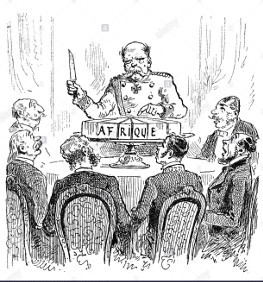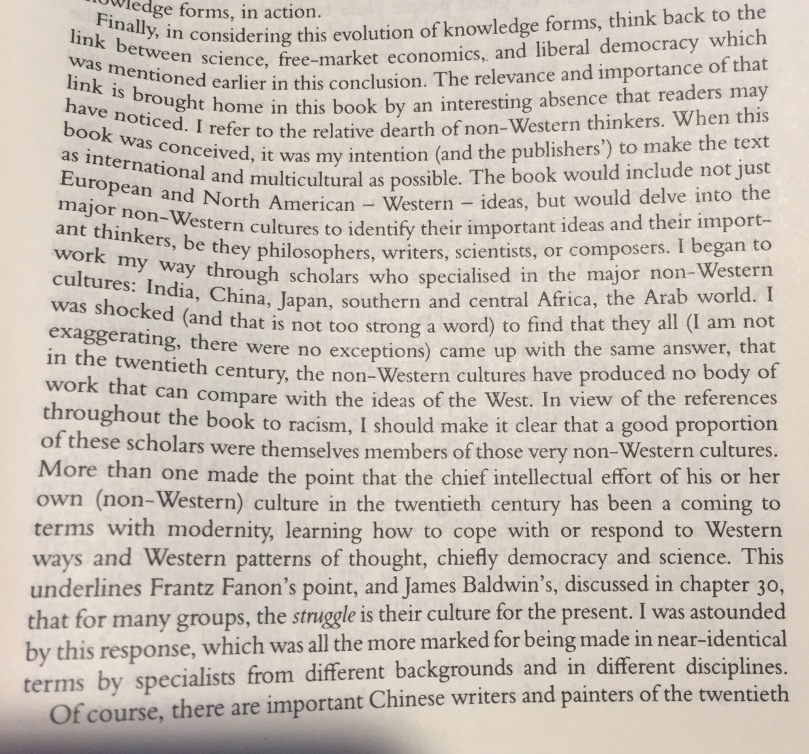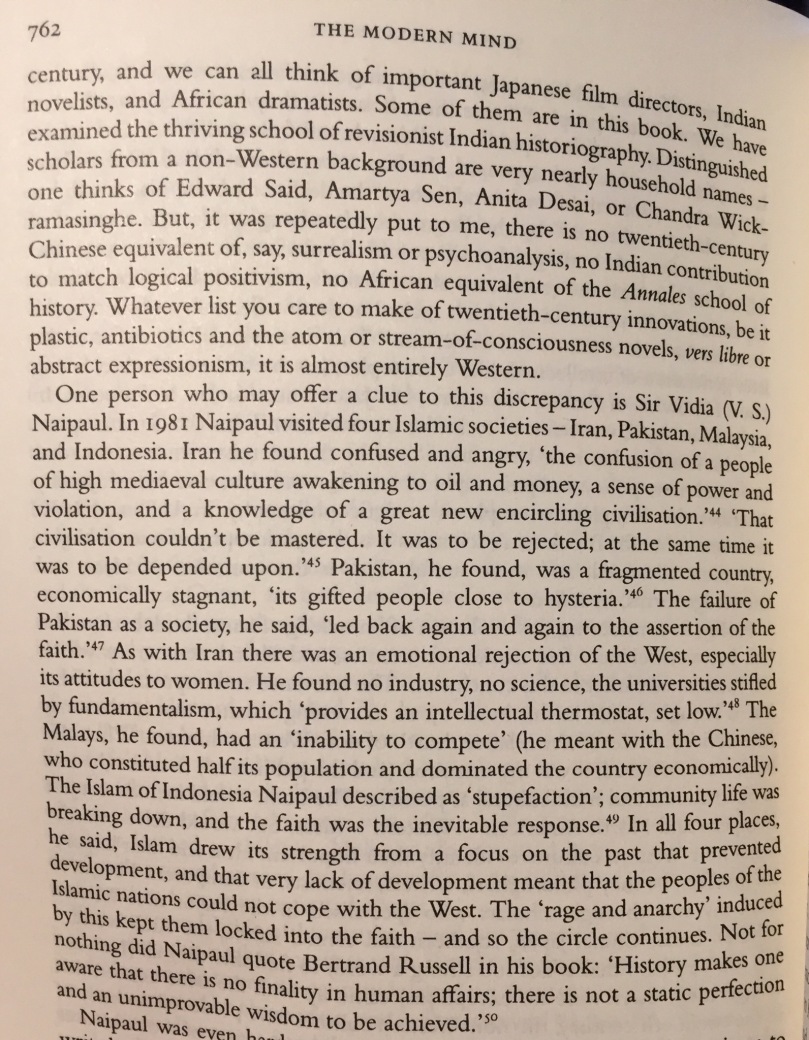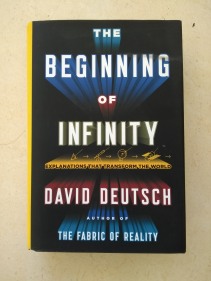Review: Counterparts edited by Danielle McLaughlin
Well I never thought I’d say lawyers did anything useful but this little anthology of writing by Irish lawyers astounded me. Mostly short stories, a smattering of poetry intersperses the book and generally goes right over my head as poetry invariably does.
The stories are well written and reveal their authors as very humanistic people, not a quality I noticed in twenty years of dealing with corporate lawyers. The book pairs texts with a brief extract from a true court case (many of them recognisable from the newspaper) and finishes with a short note by the author on why he or she paired that case with his text, perhaps influence or resonance with the theme.
All of life is there: middle-class murderers, old-peoples homes, euthanasia, state torture. Hat’s off to Danielle McLaughlin for a great idea, well executed. The title is good too but I prefer mine!

 What a great read! I was well prepared for this book. I’ve read Conrad‘s Heart of Darkness, H.G.Wells’ War of the Worlds and Adam Hochschild‘s King Leopold’s Ghost. Sometimes I knew what I was reading, sometimes the deeper message eluded me.
What a great read! I was well prepared for this book. I’ve read Conrad‘s Heart of Darkness, H.G.Wells’ War of the Worlds and Adam Hochschild‘s King Leopold’s Ghost. Sometimes I knew what I was reading, sometimes the deeper message eluded me. Apparently, Wittgenstein claimed that games as a category cannot be defined as they have nothing in common so the author decided to show that indeed they can. He proposes a surprisingly simple definition
Apparently, Wittgenstein claimed that games as a category cannot be defined as they have nothing in common so the author decided to show that indeed they can. He proposes a surprisingly simple definition However the most daunting (800 pages) but immensely satisfying of the three books is Roberts’ amazing biography. Where I expected to be affronted by wild ambition, cruelty and arrogance, I encountered Enlightenment Man. Yes, he was a military genius, but that’s of little interest to me. He was that thing, a benevolent dictator, which probably cuts little ice among 21st century liberals. The thing is: he lasted long enough (16 years) to establish the ideals of the French Revolution which had been subverted in the Reign of Terror so that even after the restitution of the monarchy, they couldn’t be undone. This book makes it clear it was the genius of Napoleon and his ability to be interested in the minutiae of his world that allowed him create a legacy that endured. The most amazing discovery for me was his charisma and generosity. I liked him, most of the time.
However the most daunting (800 pages) but immensely satisfying of the three books is Roberts’ amazing biography. Where I expected to be affronted by wild ambition, cruelty and arrogance, I encountered Enlightenment Man. Yes, he was a military genius, but that’s of little interest to me. He was that thing, a benevolent dictator, which probably cuts little ice among 21st century liberals. The thing is: he lasted long enough (16 years) to establish the ideals of the French Revolution which had been subverted in the Reign of Terror so that even after the restitution of the monarchy, they couldn’t be undone. This book makes it clear it was the genius of Napoleon and his ability to be interested in the minutiae of his world that allowed him create a legacy that endured. The most amazing discovery for me was his charisma and generosity. I liked him, most of the time.

